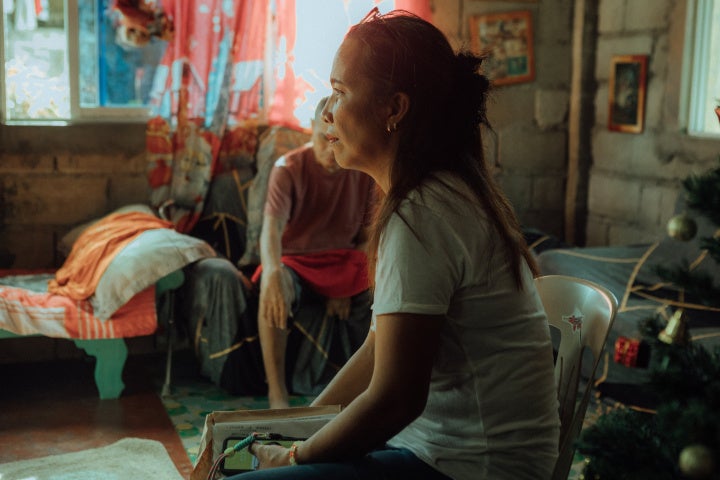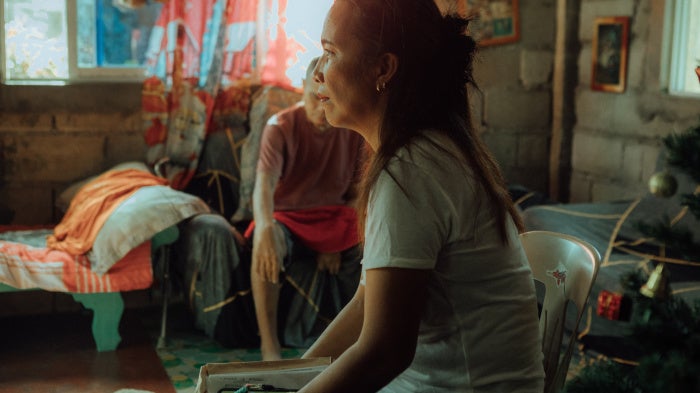Just as the Iran-Iraq War was coming to an end in 1988, the Iraqi government and army embarked on a vengeful campaign against Kurdish villagers living in Iraqi Kurdistan. Taken from a Koranic verse, Anfal refers to "the plunder of the infidel," and evidently was intended to give the campaign the veneer of religious justification, though the Kurds are Muslim, and Iraq is a secular state. Using a similarly destructive pattern throughout northern Kurdistan, the Iraqi army first attacked a chosen village — often with chemical weapons — captured the villagers as they tried to flee, then pulverized their dwellings. Many villagers were later killed. The Kurdish village of Koreme serves as a case study of this campaign, showing how the policies of Saddam Hussein’s government were implemented. Some of Koreme’s captured men and boys were executed on the spot, the remainder were taken to a local army fort or Ba’ath Party office where they disappeared while in the hands of security agents. Surviving Koreme villagers — starving women, children and the elderly — were transferred by truck to bleak camps. Middle East Watch and Physicians for Human Rights conclude that the Iraqi government’s Anfal campaign, constituting murder, forcible disappearance, involuntary relocation, the refusal to provide minimal conditions of life to detainees, chemical weapons attacks against civilians, and the physical destruction of Kurdish villages, are at a minimum, crimes against humanity. Ultimately, they may form the basis for a case of genocide.



